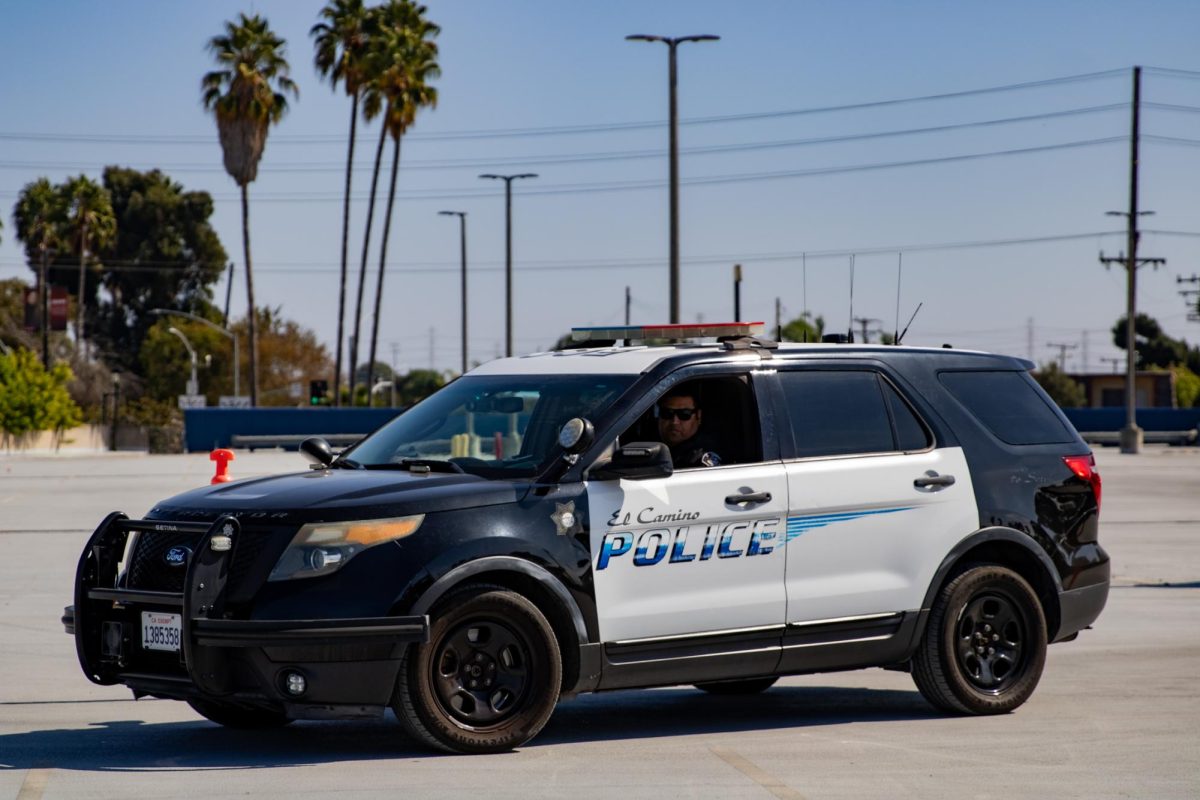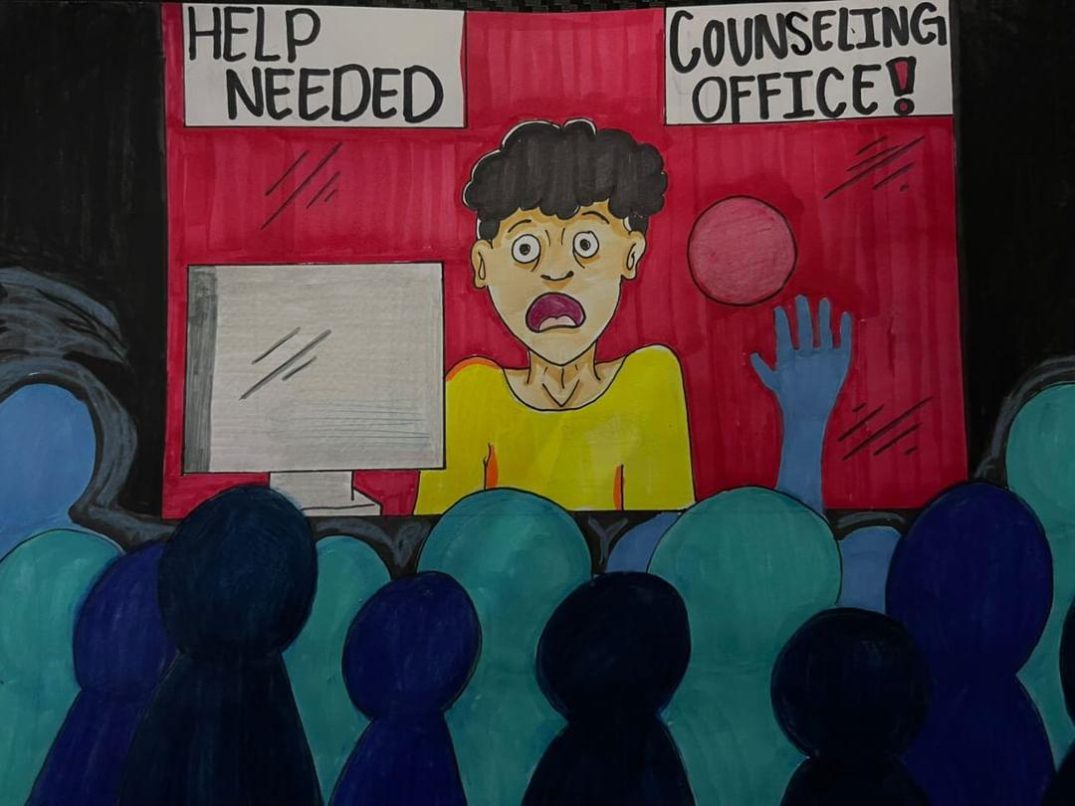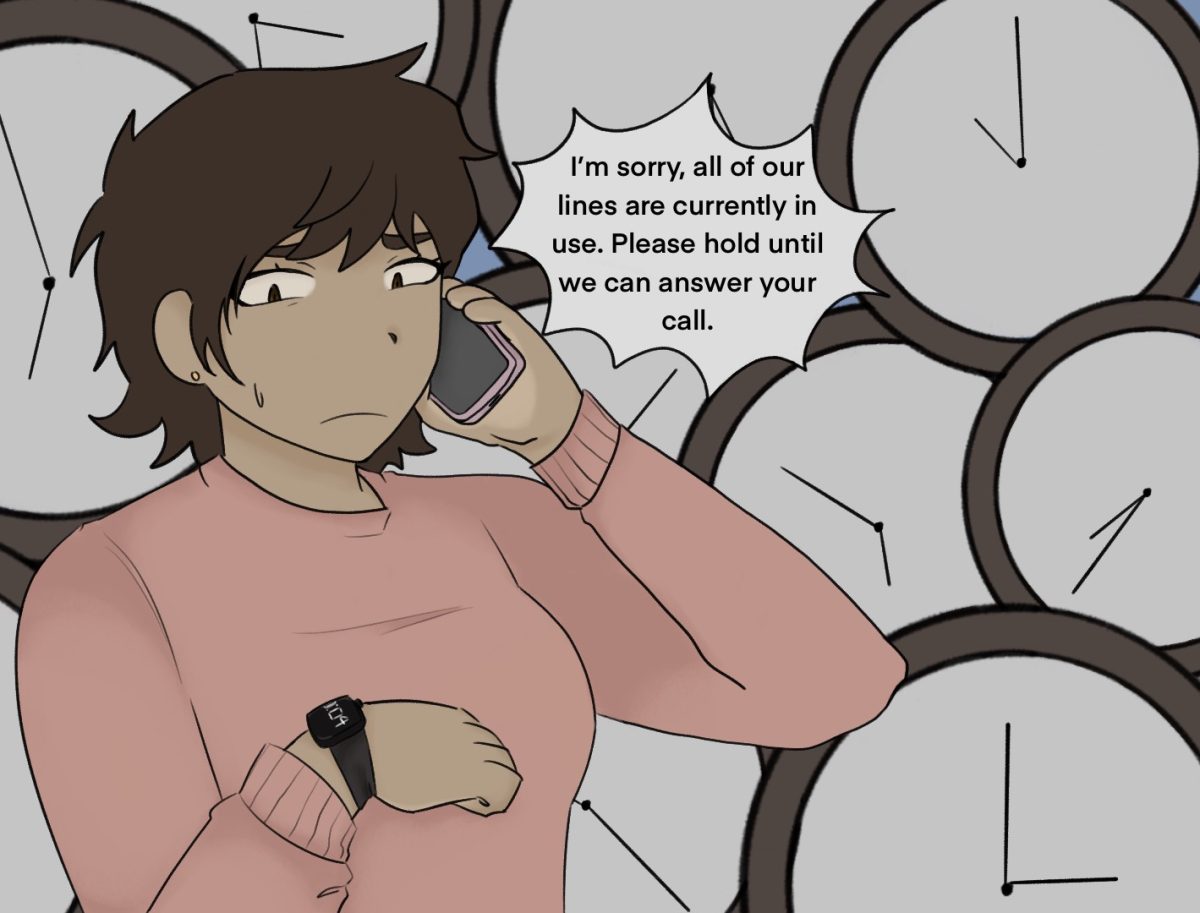Prescription drug deaths are outnumbering car fatalities in the U.S.
According to the Centers for Disease Control and Prevention, the number of deaths to prescription painkillers also outnumbered those involving heroin and cocaine combined.
Prescription drug abuse is the use of a prescription medication in a way not intended by the prescribing doctor.
This includes everything from taking a friend’s prescription painkiller for your backache to snorting ground-up pills to get high.
However, this is not a new problem, but one that deserves renewed attention. Prescription drugs pose serious health risks related to their abuse.
Prescription drugs can become addictive, especially when they are used for reasons not prescribed.
Those prescription drugs being abused include narcotic painkillers like OxyContin or Vicodin, sedatives and tranquilizers like Xanax or Valium, and stimulants like Dexedrine, Adderall or Ritalin, and steroids.
In 2009, about 43 percent of hospital emergency admissions for drug overdoses happened because of misused prescription drugs.
According to NIH, drug addiction is a biological, pathological process that alters how the brain functions.
Prolonged drug use changes the brain in fundamental and long-lasting ways.
It is as though there is a figurative “switch” in the brain that “flips” at some point during an individual’s drug use.
When someone decides to take prescriptions that are not prescribed specifically for them, it will always be dangerous.
Whether studying for college level classes, having family problems that are too much too handle or simply looking for alternative ways to get high, prescription drugs can be just as deadly.
Simply because they are prescribed and legal, doesn’t make it any less dangerous or wrong.
If someone is abusing prescription or other drugs, they are encouraged to get help and the services offered at the EC Health Services Center has many available resources and options for a student to use.
There are available workshops that can help anyone in need of help against prescription abuse by checking the Student Health Services Center newsletter. One can also call the Substance Abuse Information and Hotline 310-660-6437.






